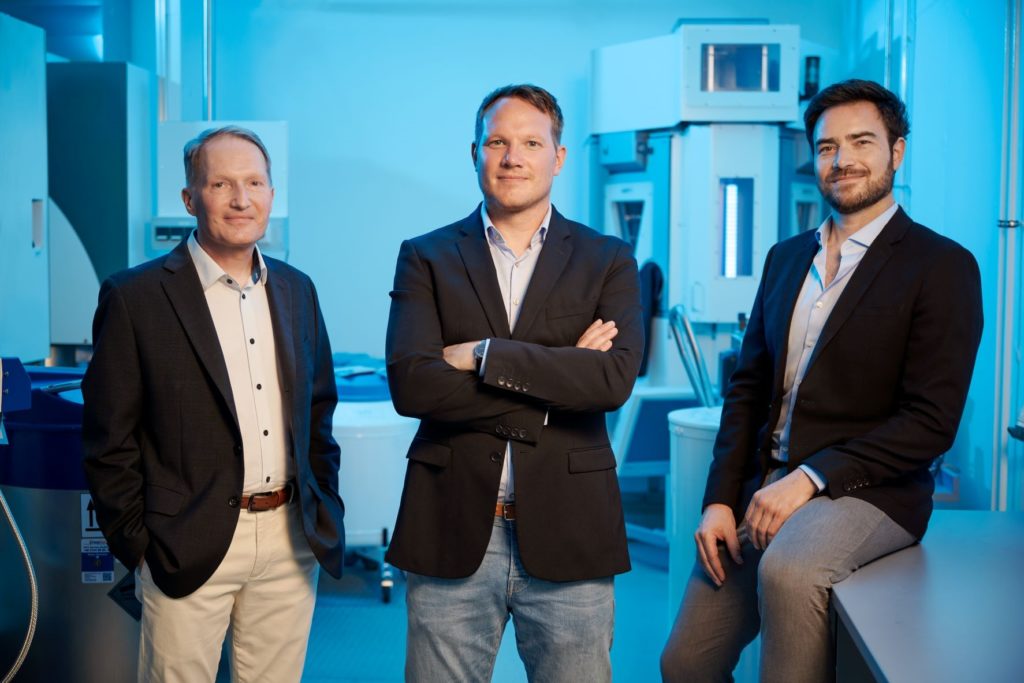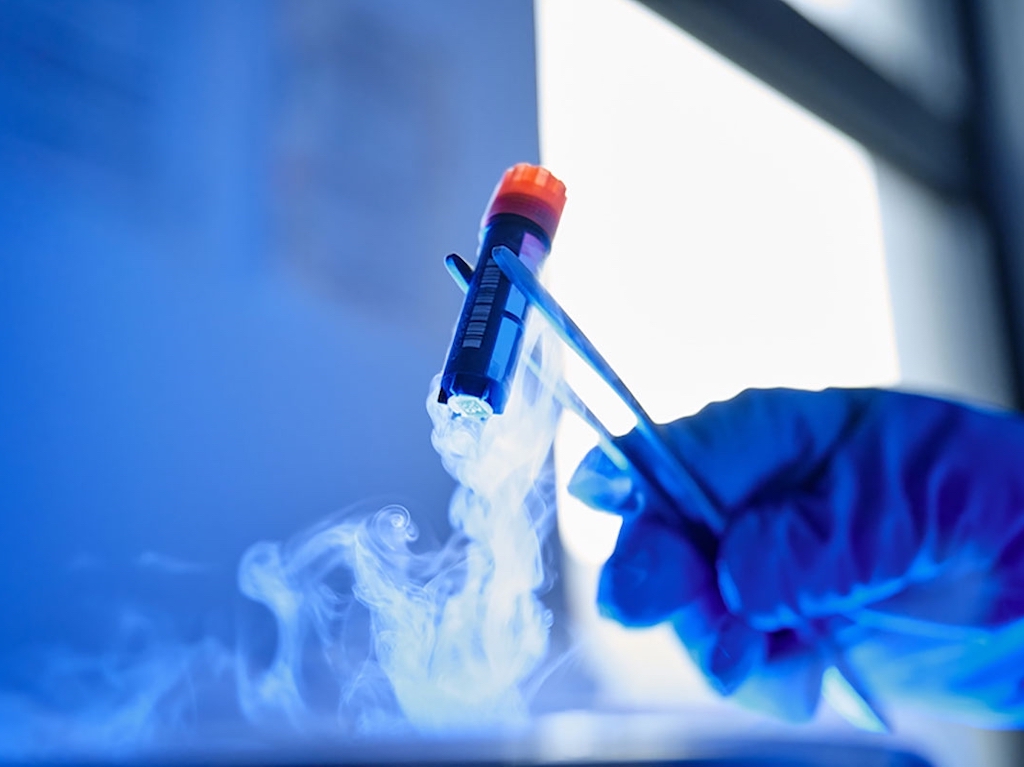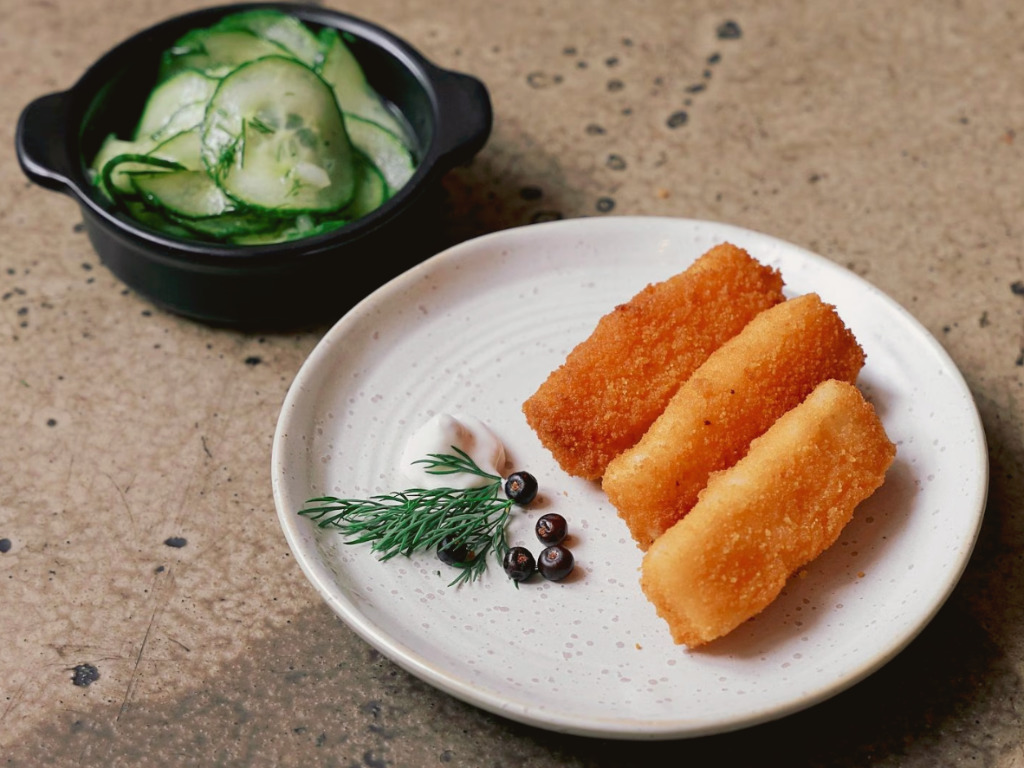German Cultivated Fish Startup Bluu Seafood Raises $17.5 Million as It Pursues U.S. Approval
2 Mins Read
German biotech firm Bluu Seafood has announced $17.5 million in a Series A funding round. It also announced that it has applied for scientific approval to distribute its cultivated seafood products in the U.S.
The Hamburg-based startup’s Series A funding round totals $17.5 million. Funding was led by Sparkfood, a subsidiary of Sonae, and LBBW Venture Capital GmbH. Other contributors to the round include SeaX Ventures, Manta Ray, Norrsken VC, Delivery Hero Ventures, IFB Innovationsstarter GmbH, and Be8 Ventures.
U.S. approval
Bluu Seafood plans to use this capital to pursue regulatory approval in the U.S. for its debut products — fish fingers and fish balls. The company is currently in the process of prototyping salmon sashimi and salmon and rainbow trout fillets derived from non-GMO Atlantic salmon and Rainbow trout cells.
A portion of the Series A funding will be directed towards enhancing R&D capabilities, as well as initiating production in a yet-to-be-constructed pilot plant in Hamburg.

Bluu’s U.S. approval request marks the first application of its kind from a European company that specializes in cultivated seafood to the U.S. Food and Drug Administration. The approval process is projected to take between nine and twelve months.
That application announcement follows on the heels of the recent USDA final approval granted to Good Meat and Upside Foods, two California-based cultivated meat companies now cleared for sale in the U.S. Bluu Seafood also has an application in Singapore, anticipating approval for its lab-grown fish products there by 2024. Singapore became the first country to approve cultivated meat in 2020.
Cultivating fish
Originally named Bluu Bioscience, the company emerged in 2020 from the research of Dr. Sebastian Rakers, who examined disease outbreaks in aquaculture fish species in order to develop treatments. While aquaculture is considered a potential remedy to combat overfishing, it is a high-pollution, energy-intensive method of fish production.

The company says its cultivated fish all come from a “one-time” biopsy that does not kill the fish. The company then harnesses stem-cell technology to grow the fish cell lines in a lab setting.
The company unveiled its first products last August — a combination of cultivated fish and plant proteins in fish sticks and fish balls.



